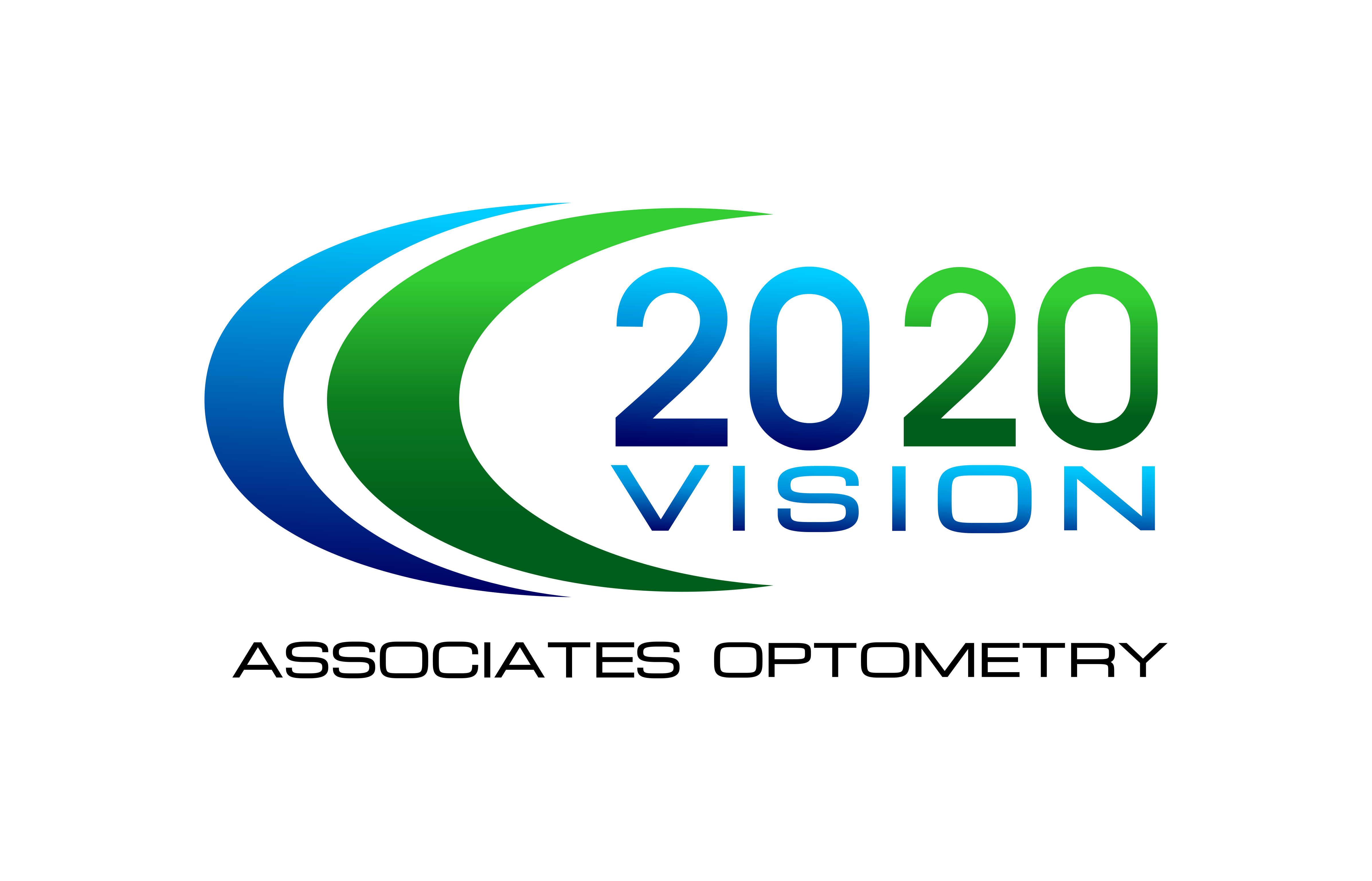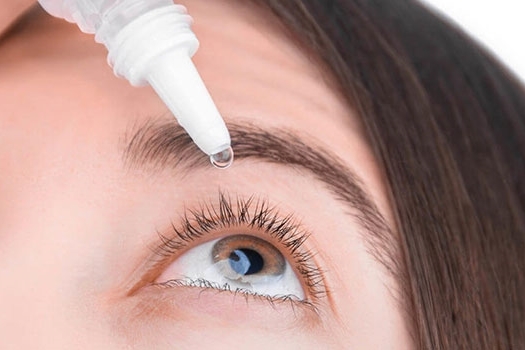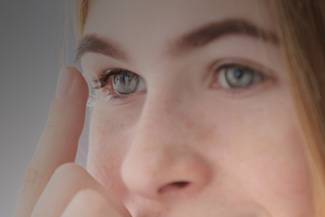EYE CARE SERVICES AT 20/20 Vision Associates Optometry
Our eye care center offers a full range of eye health services to clients of all ages, from children to older adults. With a complete array of expert eye care services, Dr. Cheryl Everitt and Dr. Justin Ogoy are dedicated to helping you enjoy healthy eyes and sharp vision. Whether you need a new pair of eyeglasses or treatment for an eye disease, our optometric team provides cutting-edge eye and vision care.
Eye Exams in Riverside & Much More
Our optometrists at 20/20 Vision Associates Optometry provide eyewear prescriptions and offer corrective laser eye surgery co-management as well. You can get in touch with our eye doctor's office to set up an appointment at your convenience and learn more about some of our key services below.









